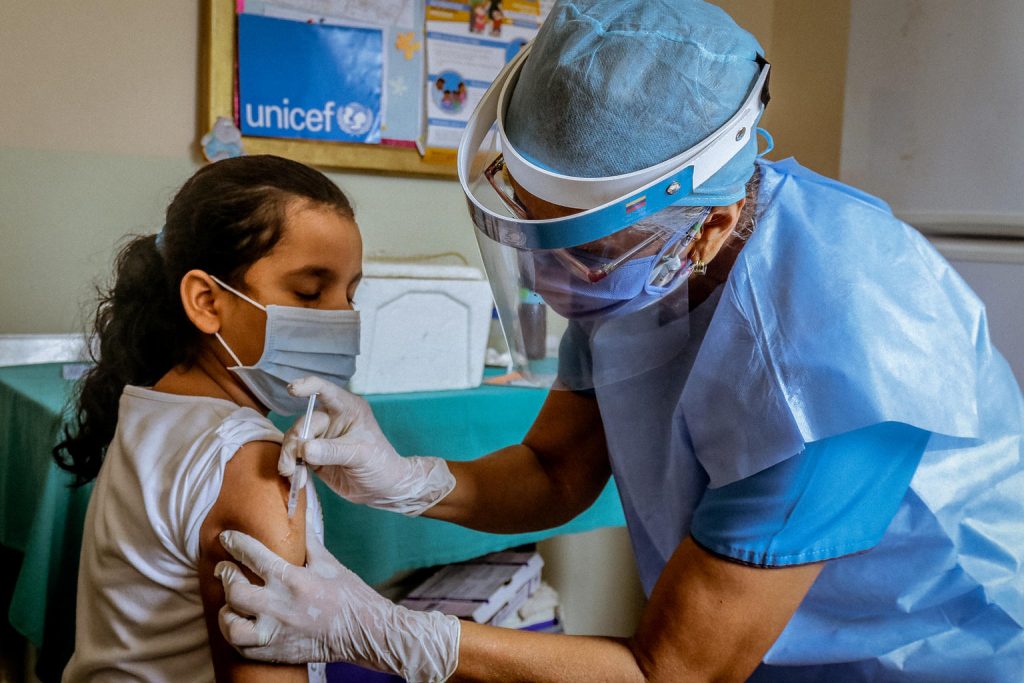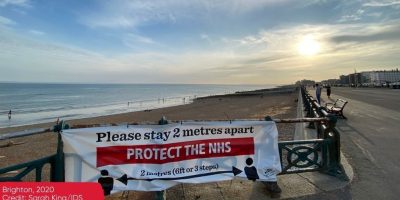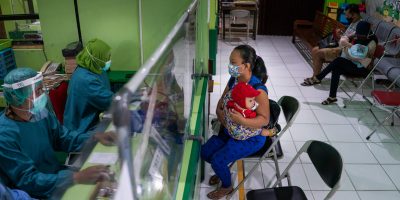Communication with COVID-19 vaccine trial participants and their communities, pre, during and post-trial is key to finding and delivering a successful vaccine, say social scientists from the Social Science in Humanitarian Action Platform (SSHAP), in a new brief published today.
The authors bring together evidence from past emergency vaccine trials and recommend the steps needed to counter the misinformation and mistrust that can occur, from fears around specific local trials, to broader concerns, including more widespread anti-vaccine views.
With many COVID-19 vaccine trials underway around the world, the briefing is published to explain the ways in which social science can inform the ethics, design, recruitment and community engagement, implementation and results dissemination for trials of emerging COVID-19 vaccine and therapeutic candidates.
Key recommendations include:
- Trial participants should be included in the design of trials from the beginning. Evidence shows that this leads to greater participation and more successful emergency vaccine trials.
- Local community dynamics and patterns of trust need to be understood before trials begin, including formal authority structures and informal sources of information or influence.
- Information about trials should be free flowing from, and to, communities via participant advisory groups and community consultations, including clear and accessible trial data during and after the trial has finished.
- Once a vaccine has been licensed, research on local dynamics and trust need to inform vaccine roll-out strategies.
- Rapid social science research needs to be included alongside national distribution mechanisms to ensure that rumours, concerns, and anxieties are identified in real-time, including analysis of social media.
Dr Shelley Lees, Associate Professor at the London School of Hygiene and Tropical Medicine and co-author of the research, says:
“Without contextual understanding and positive community engagement, the negative impacts on trial participants and protests against vaccine trials themselves, could ultimately lead to trials collapsing and being shut down.
“This research is based on evidence from past emergency vaccine trials in West Africa, but these lessons apply as equally to Covid-19 vaccine and therapeutic trials in countries like the USA and the UK, as they do in countries in Sub-Saharan Africa and South America.”
The research authors stress the importance of understanding local cultures and the realities on the ground of how vaccine trials are received by people at a local level. That contribution from social science alongside medical science is a vital part of finding and rolling-out an effective and safe vaccine.





